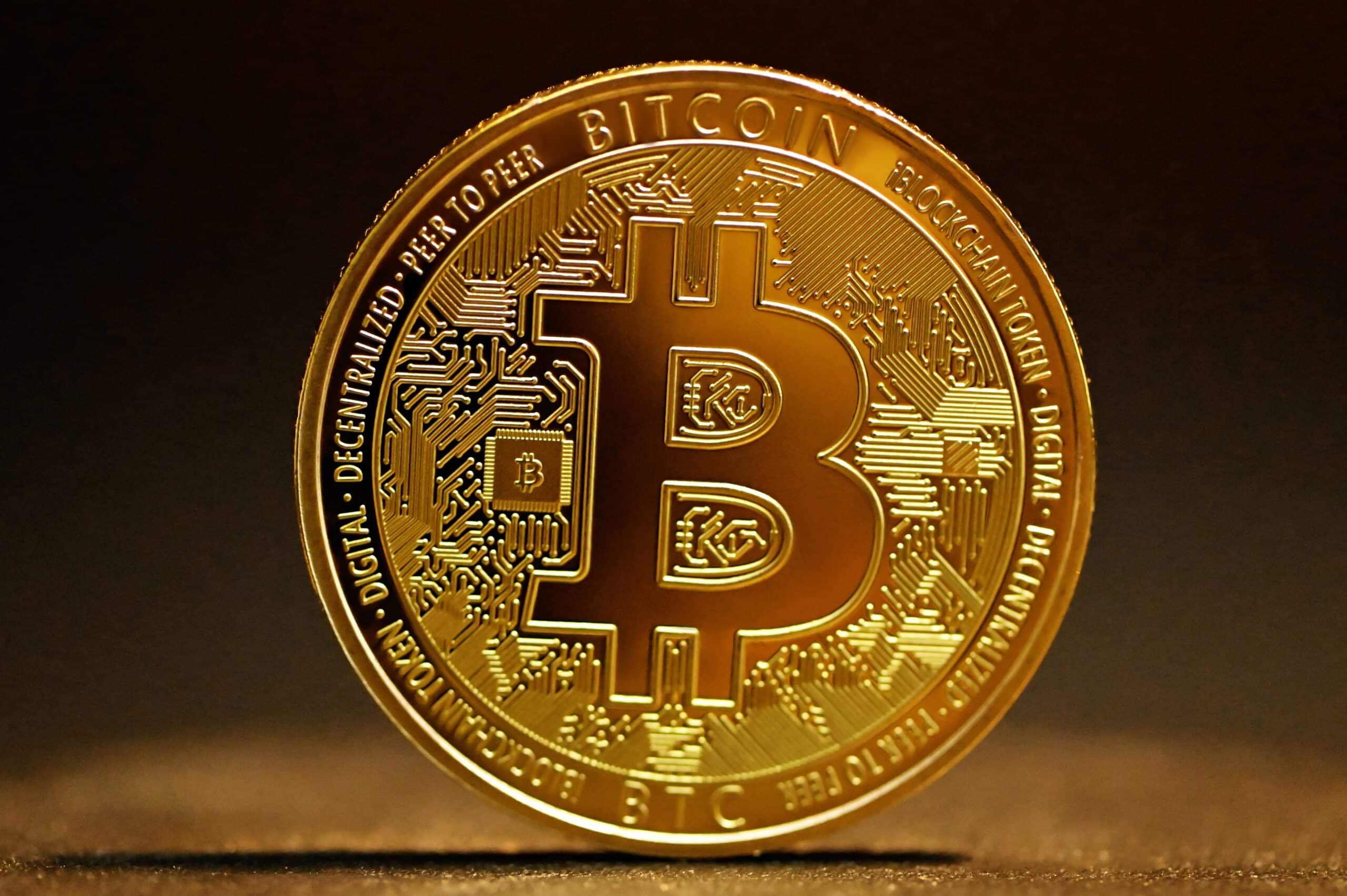The U.S. government has sold a portion of the 51,351 BTC that it seized from Silk Road hacker James Zhong.
In a recent court filing, the government disclosed that it sold 9,861 BTC on March 14, with plans to sell the remaining 41,490 BTC in four installments through the course of this year.
The sale netted the government $215,522 after spending $215,738 in transaction fees.
It is likely that the sale took place in the form of an auction, based on comments made by Jarod Koopman, director of the Internal Revenue Service’s cybercrime unit, in a 2021 interview with CNBC.
“You basically get in line to auction it off. We don’t ever want to flood the market with a tremendous amount, which then could have an effect on the pricing component,” said Koopman.
According to him, the government isn’t looking to make a profit by timing the market either but makes it a point to space out sales in batches.
In November, the U.S. Department of Justice announced the largest cryptocurrency seizure in history along with the conviction of Zhong, who pled guilty to unlawfully obtaining the assets from the dark web marketplace Silk Road. At the time, the value of the seized BTC was over $3.36 billion.
Zhong’s scheme to steal the Bitcoin dates back to 2012, when he funded fraud accounts with an initial deposit of between 200 and 2,000 BTC and then manipulated a lag in the marketplace’s transaction system to withdraw much more BTC than he initially deposited.
Although Zhong has admitted to the carefully orchestrated heist, the terms of his sentencing are far more lenient than those imposed on Silk Road’s creator Ross Ulbricht. The government allowed Zhong to plead guilty to wire fraud with a “below-Guidelines” sentence of 24 months in prison. Meanwhile, Ulbricht has been sentenced to life in prison without the possibility of parole.



